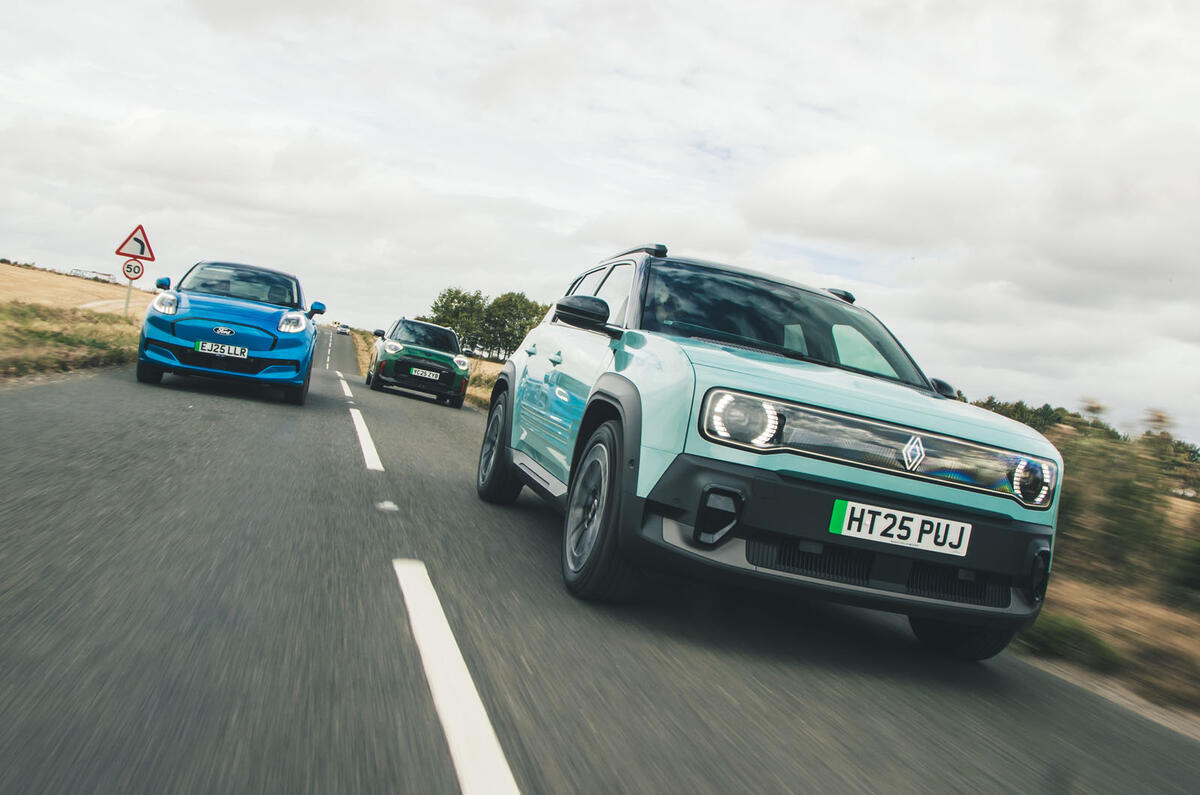The EU needs its own version of the UK’s zero-emission vehicle (ZEV) mandate to avoid a "cliff-edge" scenario in 2030 when the CO2 emissions rules tighten significantly, Renault has said.
Unlike the UK's graduated system, the EU demands an abrupt improvement in 2030 that drops the required average CO2 for each car maker from 94g/km to 50g/km.




Add your comment